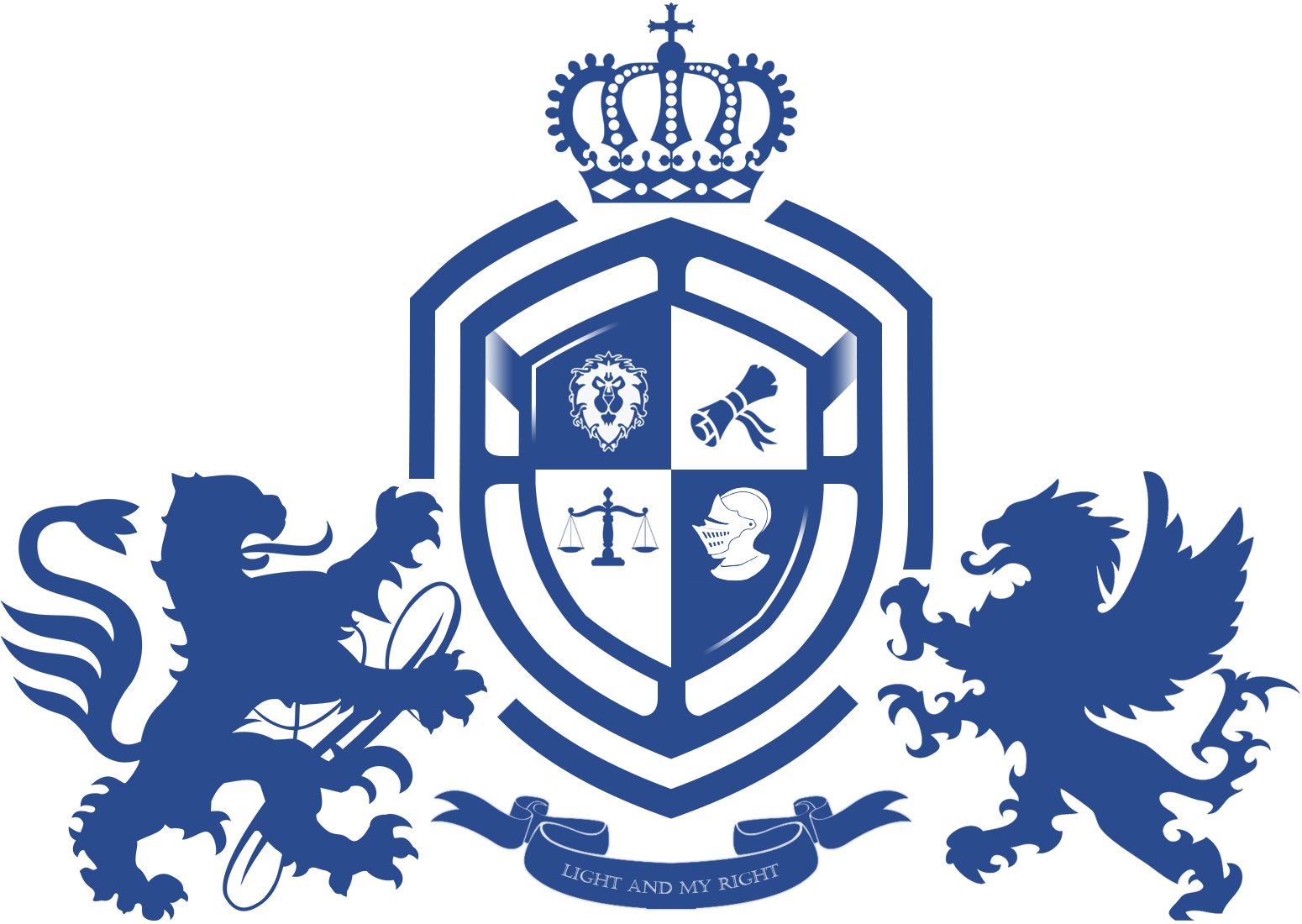The King's Law/Charging Guidelines
Legal Material
View other resources related to the King's Law below.
Charging Guidelines
Once a suspect has been arrested and brought in to custody, they may be charged on the provision that there is enough evidence to establish a reasonable prospect of conviction, should the case go to court.
The below articles cover the three kinds of offence categories, and how the charging process works in these instances.
Penalty Offences
A suspect should not be charged when they have committed an offence that falls under the penalty category. Instead, the suspect should be issued with an on the spot FPN (Fixed Penalty Notice).
Issuing an FPN to a suspect concludes the incident and the suspect will not receive a criminal record. If a suspect wishes to contest the FPN or they do not pay, then the case will need to be escalated to a supervisor or prosecutor so that the matter can be investigated further.
Further Guidance
- Penalty notices are minor infractions such as behaving disorderly in public or assaulting someone, and they don't normally result in a criminal record.
- If a person is issued a Fixed Penalty Notice, then they do not need to attend court and the matter does not need to be raised with a supervisor.
- Upon issuing a Fixed Penalty Notice, the matter is considered to be closed, unless the suspect wishes to contest the Fixed Penalty Notice, they do not pay, or they breach any restrictions listed on the Fixed Penalty Notice.
Summary Offences
If a suspect has committed an offence that falls under the summary category, the suspect must be arrested before they are charged.
If the necessity to perform an arrest is met, or a warrant has been issued for a suspects arrest, then they should be arrested and taken in to custody. The case should be escalated to a supervisor or a prosecutor, who must review the case evidence and determine whether there is a reasonable prospect of conviction to proceed.
In instances where there is sufficient evidence, the suspect may be sentenced by the supervisor. In cases where the suspect wishes to contest the sentence or does not admit their guilt, then a prosecutor must be informed and the case will need to elevated to the Magistrate's Court.
Further Guidance
- If a person is arrested on suspicion of committing a summary offence, the case must be elevated to a supervisor or a prosecutor.
- A suspect may plead their innocence and refuse to accept sentencing by an LEA. In this instance, the case must be elevated to a prosecutor.
- The involvement of a prosecutor means that the case must be made accessible to the prosecutor, so that they can work.
Indictable Offences
If a suspect has committed an offence that falls under the indictable category, the suspect must be arrested before they are charged.
If the necessity to perform an arrest is met, or a warrant has been issued for a suspects arrest, then they should be arrested and taken in to custody. The case should be escalated to a senior supervisor or a prosecutor, who must review the case evidence and determine whether there is a reasonable prospect of conviction to proceed.
In instances where there is sufficient evidence, the suspect may be sentenced by the senior supervisor. In cases where the suspect wishes to contest the sentence or does not admit their guilt, then a prosecutor must be informed and the case will need to elevated to the Crown Court.
Further Guidance
- Indictable offences are serious offences and should be handled carefully.
- If a person is arrested on suspicion of committing an indictable offence, then the case must be elevated to a senior supervisor or a prosecutor.
- A suspect may plead their innocence and refuse to accept sentencing by an LEA. In this instance, the case must be elevated to a prosecutor who will begin the Crown Court proceedings.
- The involvement of a prosecutor means that the case must be made accessible to the prosecutor, so that they can work.
